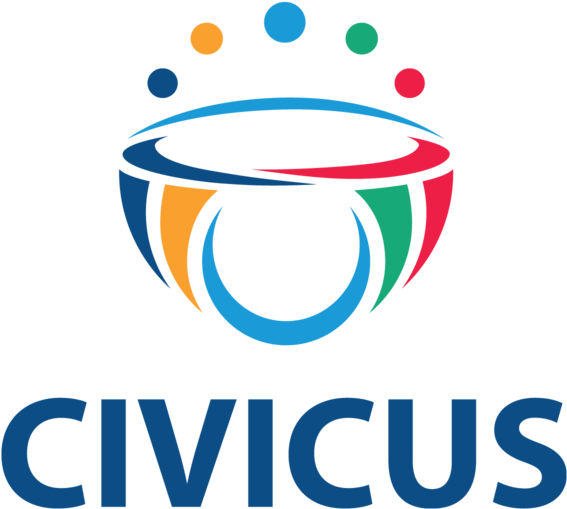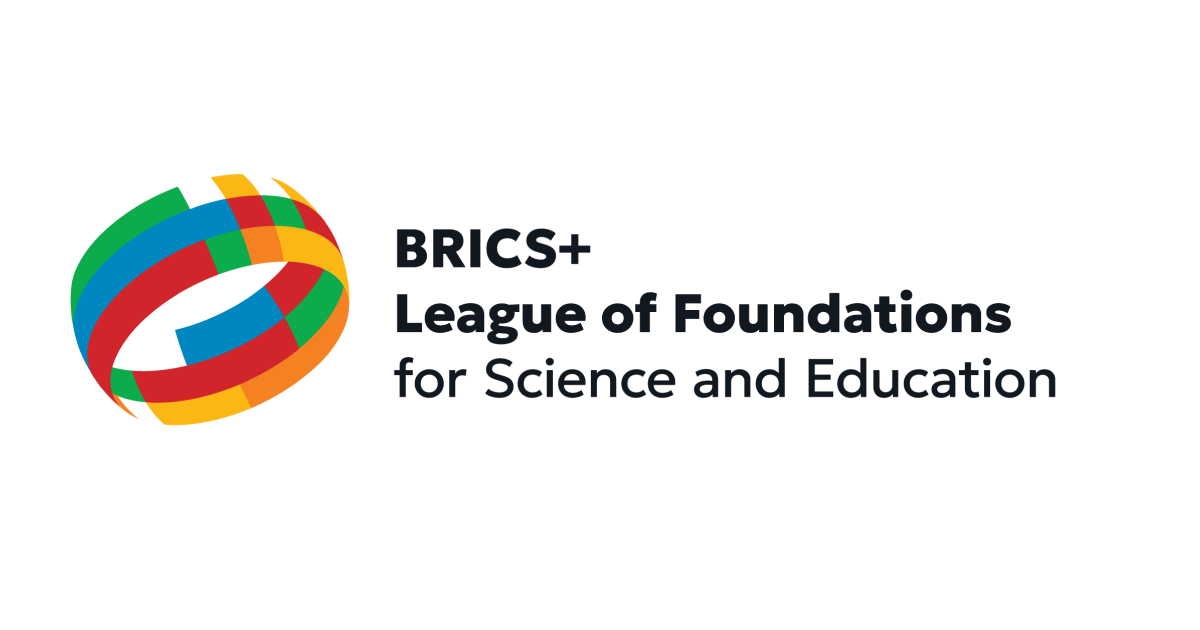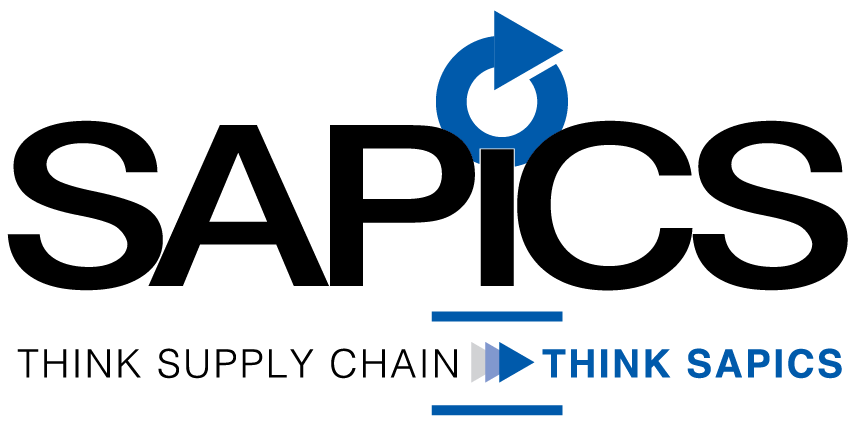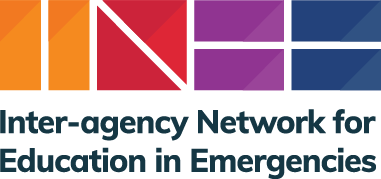A child, women and youth focused organization working towards: peace, unity, social and economic empowerment through advocacy, psychosocial support, sensitization, community outreach, innovation, technology, research, science, networking, agriculture, educational support, environmental protection and conservation
The Ubusha Foundation (TUF) is a multifaceted nonprofit organization (NPO) with a mission of changing lives, improving livelihoods, setting platforms for socio-economic inclusion, and creating a culture of innovative problem solving. The Ubusha Foundation is registered in terms of the Nonprofit Organization Act of 1997 (Act 71 of 1997) and was entered into the register with the Department of Social Development on the 29th of January 2018, with registration number 202-631 NPO and Public Benefit Organization (PBO) number 930070401 from the South African Revenue Services (SARS). The organization has a focus on children, youths and women as beneficiaries, however, it expands its services beyond.
Here at The Ubusha Foundation, we know that sometimes all it takes to change the world is a little support. Since our founding in 2018, we have been determined to make an impact. The core of our efforts is to bring our team’s fresh ideas and passion to the range of activities we’re involved in. Through all of our endeavors we hope to display the conviction behind our beliefs. The Ubusha Foundation is led and ran by young highly experienced and innovative people, you are in good hands.
Run and Led by young people with the skills and expertise to change the world one person at a time, we are not fighting people but poverty and the injustices experinced by poor people.The importance of education is further highlighted by the country's high youth unemployment rate which currently stands at 66.5%. Stats SA's data shows that approximately 3.4 million (33.5%) out of 10.2 million young people aged 15-24 years were not in any form of employment, education or training (NEET).

The Ubusha Foundation offers children, youth, and women that have been identified as ‘at-risk’, unskilled or uneducated, an opportunity to work with a caring mentor to develop a positive attitude towards their future. The long-term standing of The Ubusha Foundation is to empower children and young adults to break free from bad habits that lead to troubled lives such as in schools and in the streets. The Ubusha Foundation establishes itself as a resource and training hub for young people (and disadvantaged adults), with a set of skills, education, and experience for the workplace and entrepreneurial skills to start own businesses.
“Every great dream begins with a dreamer. Always remember, you have within you the strength, the patience, and the passion to reach for the stars to change the world.” – Harriet Tubman.


The past few years, half a decade to be precise, has seen the need to align corporate, social, and political agendas with the requirements of what is called Environmental, Social and Governance (ESG). ESG represents a range of criteria companies use to help run themselves responsibly and report the outcomes of their ESG practices to investors and others. In essence:
Environmental - how companies and organisations interact with the planet, including issues such as climate change, carbon footprint, waste, and water.
Social - how companies manage relationships with employees, suppliers, customers, and communities.
Governance - concerns leadership issues, such as executive pay, internal controls, and shareholder rights.
Various stakeholders such as policy makers, investors, regulators, activists, non-governmental organisations, and the public, are pushing companies and corporates of all sizes to recognise, adhere to, improve, measure and report performance against ESG metrics.
According to Mayer Brown, whatever sector, or jurisdiction a company operates in, effective due diligence of ESG issues and accurate reporting of the results of that diligence, as well as having regard to emerging calls for standardised global ESG disclosure, is essential. However, there are challenges in the reporting of ESG within companies, including the fact that it is difficult to define an objectively good ESG company, and depends on what is being measured. Notwithstanding, a lot of work is devoted to tackling this and, as industry minds increasingly collaborate, and frameworks and regulations evolve, measurement and reporting will inevitably become more standardised (St. James's Place, 2020).

At the classroom level, many scholars show the differentiated access to teaching and learning resources in schools, which hinder or enable a more conducive instructional environment. They also identify the poor professional knowledge of teachers (CDE 2013; Shalem and de Clercq 2019; Taylor 2019; Taylor and Vinjevold 1999) and their weak pedagogical instruction regime (Fleisch 2018). Another major inhibiting classroom factor is the unrealistic and overambitious outcomes-based education (OBE) curriculum policy and the difficulty of implementing it in poorly performing schools with teachers who struggled to understand and implement it (Jansen and Christie 2000).
The language of learning and teaching (LoLT) policy was identified as problematic in that it stipulates that schools and their school governing bodies (SGBs) should preferably adopt as a language of instruction the local mother tongue of learners in the Foundation Phase. A period of three years with English or Afrikaans as First Additional Language is acknowledged internationally to be far too little to achieve academic fluency in the future LoLT from Grade 4 onwards (Roberts and Schollar 2011). This was seen as a serious obstacle, especially because statistics showed that many Grade 3 or Grade 6 learners could not read properly for meaning for that level/grade (Pretorius and Spaull 2016), a fundamental shortcoming for further learning.
At Ubusha we want to give young people from the rural areas the same opportunities and resources as those in urban areas. From ICT Hubs, libraries and sporting facilities ensuring that these young people exercise their right to a better and quality education with all resources available to them
"We are happy to have contributed to the work that you do and helped you achieve your goals, continue with the great work" GAP Morgan Fund

“Every single person has the power to change the world and help people.” – Laura Marano.

Many scholars have argued and demonstrated that 25 years after the 1994 transition to democracy, the relationship between inequality of educational outcomes and poverty in South Africa remains strong. South Africa is known for its low gross domestic product per capita, as a large share of its population lives in poverty, high unemployment levels (27% is the formal rate, but it is more likely to be around 40%), and high levels of inequality (with a Gini coefficient of 0.66, which has remained consistent). In a similar manner, the education system is known for its bimodality, with many noting that around 80% of schools perform badly compared with the functional 20% of schools, and 80% of the maths matric distinctions come from the top 200 (out of 6,600) secondary schools. Many quantitative researchers reveal strong inequalities in educational outcomes: of 100 children who started Grade 1 in 2007, only 51 made it to matric, 40 of the 2018 matric cohort passed and 17 received bachelor's passes. Only 40% of those who began Grade 1 passed matric. In no-fee (quintiles 1, 2 and 3) schools, less than one in five Grade 9 learners reached the low international benchmark in Trends in International Mathematics and Science Study (TIMSS) 2015 in maths and science, whereas in quintile 4 and 5 schools the proportions were about 60%, and in independent schools around 80% (Van der Berg and Gustafsson 2019).
Our quality approach for education aims at developing a balanced set of capabilities of children they require to become economically productive, aligning it to the global sustainable development goal.
Accurate statistics on the number of homeless people in South Africa are non-existent,Cape Town alone, figures from 2020 suggest the metro has upwards of 14,000 people living on the streets. Johannesburg has around 15,000.The needs of the homeless have been notoriously low on the agenda of national and local government.If homelessness was understood to be chronic and absolute, interventions would be targeted at the provision of housing and/or shelters for street dwellers.
With Our efforts at Ubusha, we have been able to serve about 4000 homeless people without government or private funding and we want to conitue helping the homeless people in protecting their views and ensuring that they get a sit at the table.
Homelessness is something that many people witness but very few are willing to talk about. Even in mainstream media, homeless people are either vilified or glorified. But very few tackle how it really is to become homeless. There is so much more to homelessness than what the world is telling you. "We think sometimes that poverty is only being hungry, naked, and homeless. The poverty of being unwanted, unloved, and uncared for is the greatest poverty. We must start in our own homes to remedy this kind of poverty" – Mother Teresa
"We are are happy that we are remembered, that there are people out here that know that we exist and we too are people that help, staying on the streets is very difficult, we want to quit drugs, we need help, we are ready, and we thank Ubusha for the little that they are doing for us on the streets" Kenneth Khumalo.
Donate towards humanity, support Ubusha today, "Charity is injurious unless it helps the recipient to become independent of it" John D Rockefeller Jr...
MEMBERSHIP
Our progress and success based on our students, volunteers and the lives we have touched. The ability to overcome obstacles is called resilience. At Ubusha we choose to stay strong and face every difficulty head-on and don't give up easily . We stay inspired and motivated even when we know that it will take time and effort to overcome our obstacles, for we are for humankind.



We are ready for any challenges
Make a donation today! Bank : Standard Bank, Account Holder : The Ubusha Foundation NPO, Account Number 10240402802 , Branch Code :051001 , Swift Code :SBZA ZA JJ



















